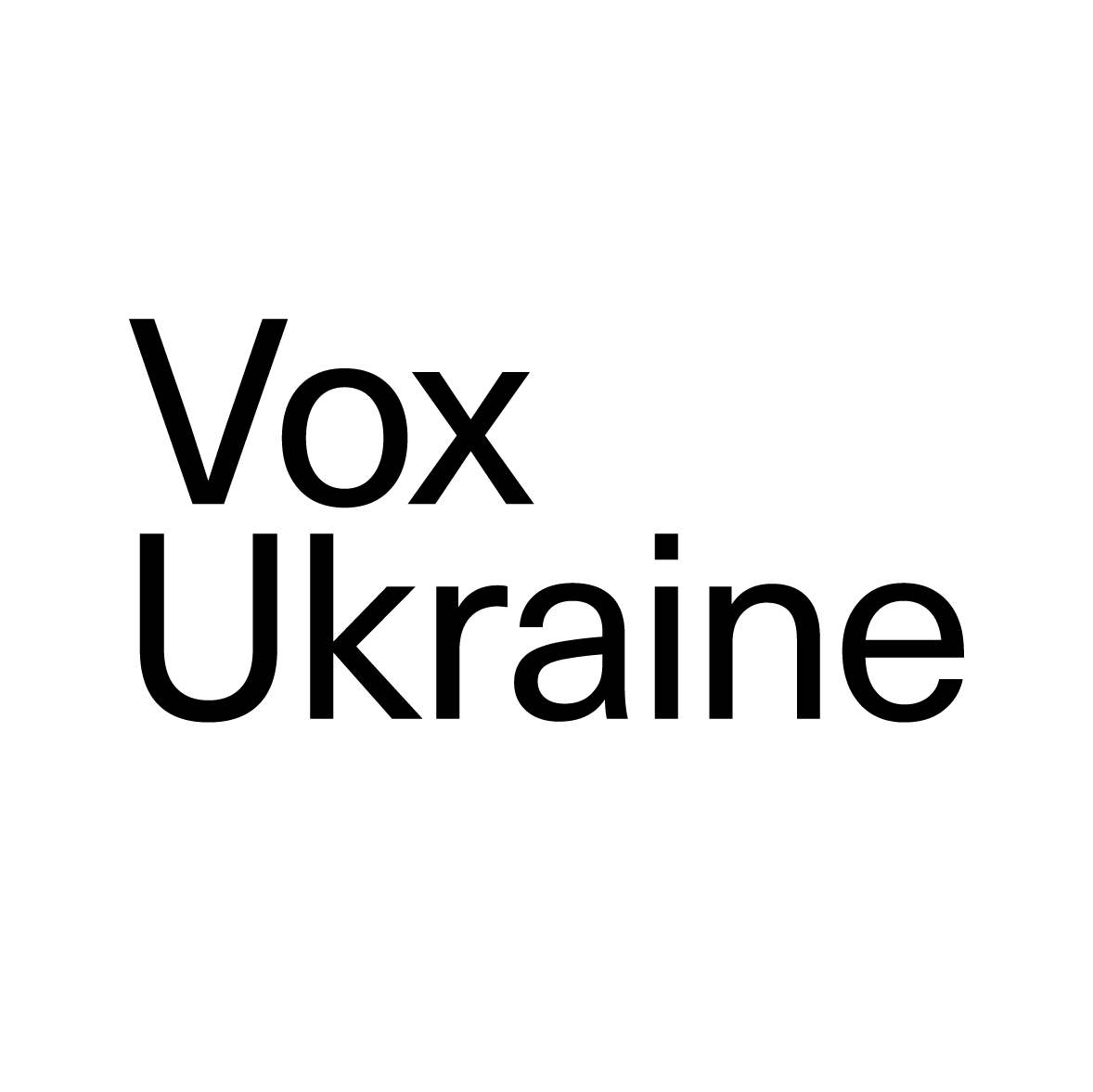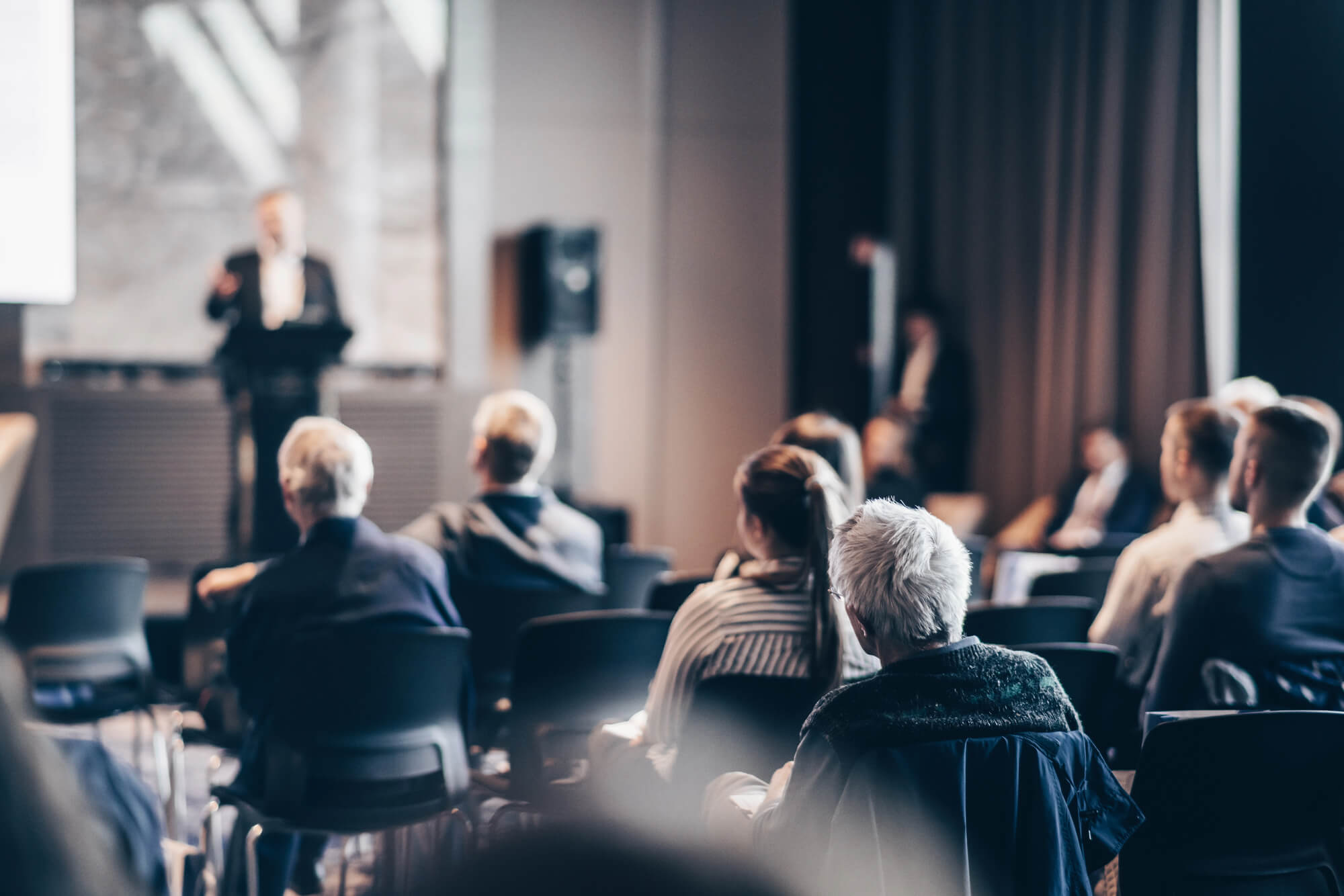The trust of audience is the key media resource that is endangered in Ukraine. The war in Eastern Ukraine, massive propaganda from the aggressor, severe economic decline and social conflicts became the challenges that many of the Ukrainian media find difficult to overcome. Playing with readers’ emotions and ignoring fact checking procedures are the problems both for Ukrainian and world media.
Who and how has to outline journalism standards during the armed conflict? How to report the war? Why do we face self-censorship and how to confront the censorship that comes from state authorities and media owners? What is the adequate approach to facts in journalism? How to implement fact checking procedures in editorial policies and how do they influence the politics in Great Britain and USA?
Media practitioners and academics from the USA, Great Britain, Sweden and Poland jointly with the best reporters and editors from Ukraine answered these questions during conference, which was attended by 90 representatives of the media and volunteers from all over Ukraine.
Andrew Hoskins: “Photography is the most powerful medium of transmission of information in journalism. But in this digital age, when plenty of war images and disasters have become available, do they really affect the media, politicians and the public, as before? Unfortunately, not always ”
Peter Shuklinov: “There is no journalism in Ukraine, and the advertising market is very weak”
Alex Matsuka: “Today, a journalist in Ukraine is not a carrier of dialogues and compromises, but a promoter of his point of view, his “the most important” position. Journalists must renounce self-censorship and remove the taboos from controversial topics”
Jack Werner: “We live in fascinating times, and the fact that everyone’s able to tell their story is a good thing. But when untruths gets traction, and shape our view of the world, someone has to step in to fact-check it. Someone who’s paid and trained to do it, and who’s duty it is to do it”.
Lori Robertson: “In spite of the victory of Donald Trump or Brexit, the job of factcheckers is not useless. Our goal is not to change the political views of our readers, but to give them facts. During the presidential campaign in the United States we have checked hundreds of statements of the candidates, and the demand for our work was very high”
Participants:
- Lori Robertson, editor-in-chief at the first fact check project in the world Factcheck.org (USA)
- Andrew Hoskins, author of “War and Media: the Emergence of Diffused War”, University of Glasgow, College of Social Sciences (Great Britain)
- Jack Werner, ex-editor at Viralgranskaren, newspaper METRO (Sweden)
- Ian Bateson, reporter for Foreign Policy, The New York Times, Huffington Post etc. (Ukraine)
- Brendan Hoffman, photojournalist for NYT (USA)
- Andrzej Mikołajewski, co-founder of Demagog.pl fact check project (Poland)
- Petro Shuklinov, Liga.net editor (Ukraine)
- Ihor Korkhovy, FactCheck.com.ua director (Ukraine)
- Olena Shkarpova, Vox Check editor, former reporter for Forbes (Ukraine)
- Ruslan Deynychenko, editor and co-founder of StopFAKE (Ukraine)
Attention
The author doesn`t work for, consult to, own shares in or receive funding from any company or organization that would benefit from this article, and have no relevant affiliations



